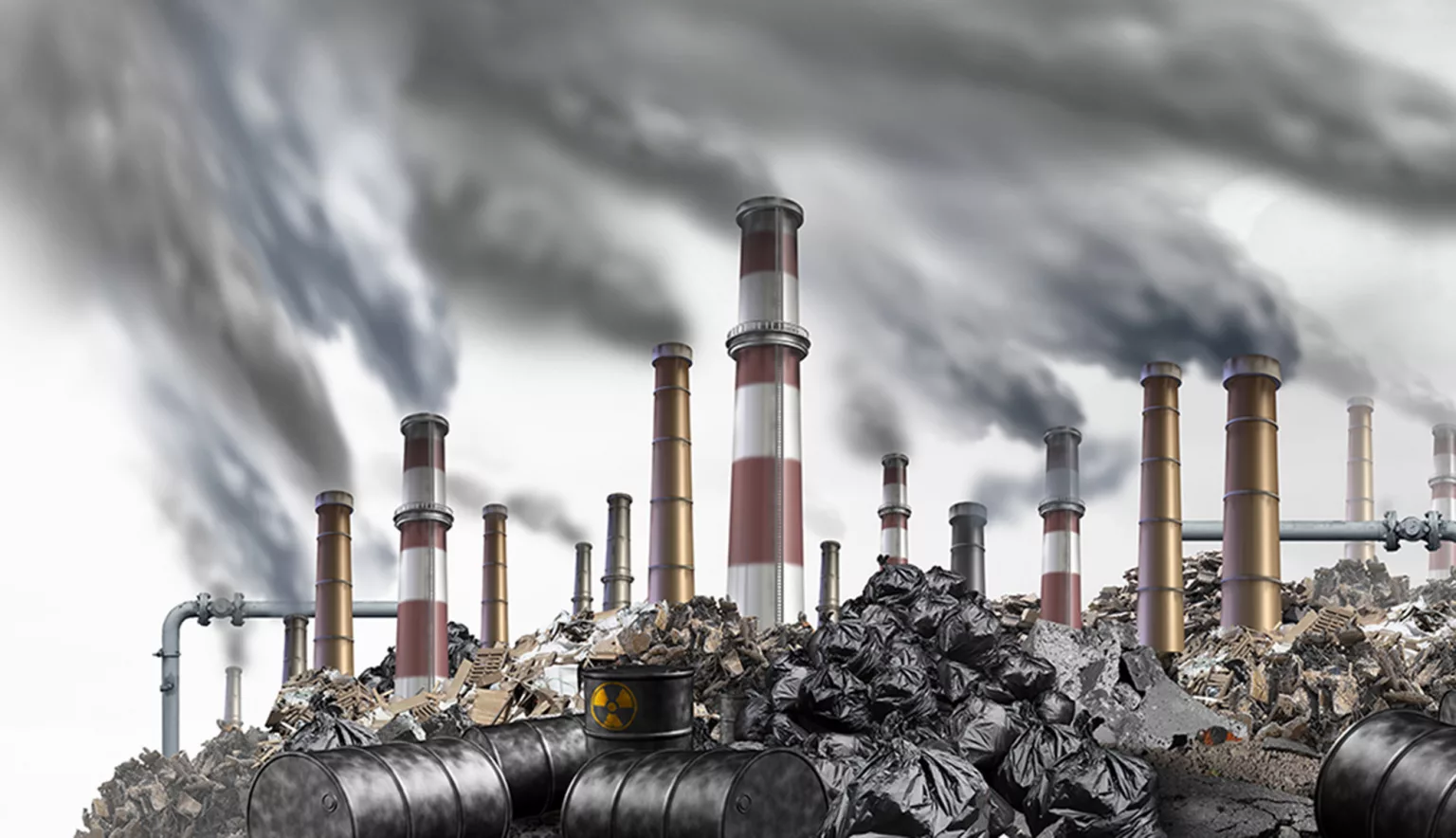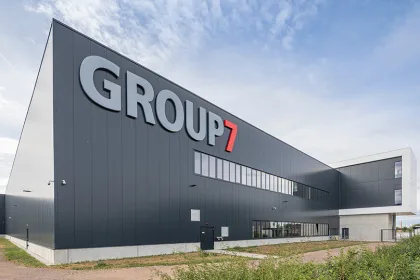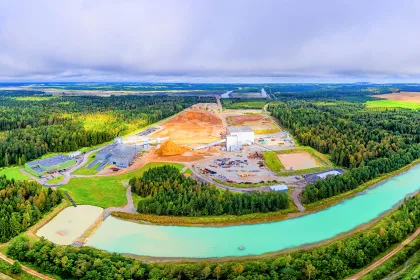Creating a regenerative world by carbonising biomass residues and supplying CO2 negative materials for the construction industry, carbonauten is the German start-up calling time on CO2.
- CARBON NEGATIVE, NATURE POSITIVE
- Q&A WITH CARBONAUTEN
- Tell us about carbonauten’s origins and the company’s mission.
- Could you expand on the Negative Emission Technology used to create low-cost carbonauten NET Materials®?
- How can carbonauten help to decarbonise the construction industry?
- What are some of your flagship materials in this area?
- What are carbonauten’s priorities for the immediate future?
CARBON NEGATIVE, NATURE POSITIVE
Nominated for the Innovation Award at the bauma 2022 construction trade fair, carbonauten is blazing a carbon negative trail throughout industries. 2022 will see the start-up launch its first minus CO2 factory, with the potential to bind 12,000 tons of CO2 a year. Aiming to operate at least 100 such factories by 2030, we speak with Henri Beranek from carbonauten’s Corporate Communications team to learn more.
Q&A WITH CARBONAUTEN
Tell us about carbonauten’s origins and the company’s mission.
Henri Beranek, Corporate Communications (HB): carbonauten is a German start-up that aims to launch its first “Minus CO2 Factory 001” in 2022. The company’s goal is to work with nature to capture large quantities of climate gases and store them in a new category of materials – carbonauten NET Materials®.
Torsten Becker, Founder, “dreamer” and CEO, has a clear mission: he wants people to buy organic and healthy food because it is cheaper than conventional food, to live in sustainable buildings because they are better and cheaper, and to consume products that strengthen our ecosystem because they are in turn better and cheaper than conventional ones. Sustainability must not remain a luxury. The carbonauten system makes this possible.
Could you expand on the Negative Emission Technology used to create low-cost carbonauten NET Materials®?
HB: The goal of our five business units is to make decarbonisation practical. The results are high-quality, low-cost, biocarbon enriched plastic granules, building materials and agricultural inputs. The amazing thing about carbonauten NET Materials® is that they not only have better properties but have an impact far beyond the simple understanding of sustainability. They don’t just prevent further damage to our social and ecological systems, but actively contribute to their regeneration.
CO2 sinks are created by charring woody biomass residues into engineered biocarbons. This method prevents the biomass from rotting and the carbon and other climate gases stored through photosynthesis from re-entering the atmosphere. The reason for this is that technical biocarbons do not metabolise and are therefore stable for several thousand years. As a result, one ton of biocarbon permanently stores up to 3.3 tons of CO2. In combination with various binders, technical biocarbons turn into the CO2-storing carbonauten NET Materials®.

“Our motto: f*ck CO2 – if not now, when?”
carbonauten
How can carbonauten help to decarbonise the construction industry?
HB: The decarbonisation effects of the carbonauten system are based on three pillars. Firstly, the recycling of biomass residues. By not rotting or burning woody waste, but carbonising it without oxygen, high-quality technical biocarbons can be obtained while the emergence of climate gases is prevented.
As the carbonisation process is exotherm, renewable energy is produced in large quantities. The smallest possible plant already provides 24 gigawatt hours (GWh) of renewable thermal energy that can be supplied to industry. This expands the spectrum of renewable energies and makes fossil fuels increasingly obsolete.
The third approach is based on carbonauten NET Materials® – high quality and cost-efficient materials for a wide range of industries. As the CO2-storing, technical biocarbons are incorporated in them, they replace fossil raw materials in large quantities. As they were developed to substitute conventional materials, the production facilities of the industrial partners do not have to be reconfigured. This allows fast industrial decarbonisation through a simple choice of material.
What are some of your flagship materials in this area?
HB: In addition to mineral building materials or wood, we also find large quantities of plastics in buildings. Enriched with 30 – 80 percent technical biocarbons, they offer enormous potential in the fight against the climate crisis. On the one hand, they can save massive amounts of fossil raw materials, and on the other, the recycled plastic, which is still scarce, can be used for other products. Windows, pipes, hoses, insulation materials and wall panels thus become CO2 sinks. In addition, properties such as hardness, stability, and weight improve, and they avoid industrial soot.
The most important thing, however, is the price. Since carbonauten extracts the technical biocarbons from waste and also uses the resulting energy for its own production facilities, it can charge favourable prices without cross-subsidisation by the CO2 certificates that are also generated.
What are carbonauten’s priorities for the immediate future?
HB: The carbonauten “Minus CO2 Factory 001” in Eberswalde will start production this year. Three further sites in Germany are scheduled to go into operation in 2023. From then on, international scaling will begin. By 2030, at least 100 minus CO2 factories are to bind, store and avoid several gigatons of climate gases. Another goal is to work with partners to ensure that organic quality becomes cheap and accessible to everyone. Our motto: f*ck CO2 – if not now, when?

































